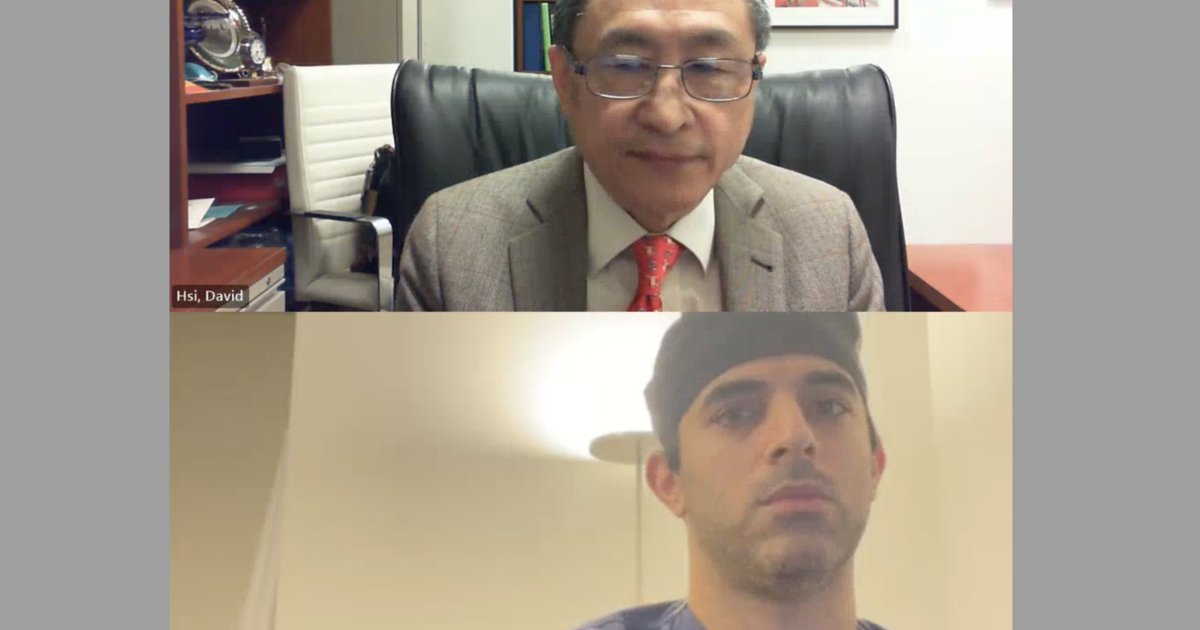Cardiovascular
Q&A: Cardiologists explore the potential impact of a screening program for aortic stenosis
Aortic stenosis (AS) is quite common among older patients, and severe AS can be fatal if left untreated with transcatheter aortic valve replacement (TAVR), surgery or other medical therapies. However, no guidelines currently exist regarding the screening of asymptomatic patients for AS. Does this represent a missed opportunity to identify more patients with AS early who may benefit from TAVR, surgery or other treatments?
A team of cardiologists recently examined this topic in Trends in Cardiovascular Medicine, proposing an AS screening program based on transthoracic echocardiograms (TTEs).[1]
Under the proposal, all patients over the age of 75 would be screened for AS. Patients 70 years old or older with dialysis dependent end-stage renal disease (ESRD) would also be included, because ESRD is associated with a risk of developing AS early in life.
To learn more about the group’s proposal, Cardiovascular Business spoke with corresponding author David Hsi, MD, chief of cardiology at the Heart and Vascular Institute at Stamford Hospital, and co-author Arzhang Fallahi, MD, an interventional cardiologist with the Heart and Vascular Institute.
Read the full conversation below:
Cardiovascular Business: What made you first consider the idea of an AS screening program?
Arzhang Fallahi, MD: A few years ago, some patients were referred to our program when their AS was already critical. Dr. Hsi and I started wondering why AS couldn’t be caught earlier, and that sparked a whole conversation about how there are no official recommendations for screening AS unless a doctor specifically detects a murmur during a physical exam.
We do colonoscopy screening, and that’s a very invasive and expensive screening tool, but we don’t have any guidelines for screening for valvular heart disease. Why is that? So we started discussing it more and more and looking at the literature.
How did you decide on the details for your proposed AS screening program? What were those discussions like?
Arzhang Fallahi, MD: We learned that screening the general population—young patients, old patients—would have a negative result and be tremendously expensive. But if you target the screening toward a high-risk demographic—we’re talking about those patients who are 70 to 75 years and above—we propose that there would be a real benefit in terms of early detection.
One of our goals with this paper was to simplify the screening process. There’s a lot of literature that measures how good doctors are at listening to patients’ hearts—and actually, we’re not very good. I think the reality of medicine is, people don’t take enough time to listen to their patients—they always have to listen to the stethoscope. Our question was, can we have a cutoff for our screening program that is based on age? Most other guidelines are based on age or a genetic predisposition, so we wanted to do the same thing and really simplify things.

